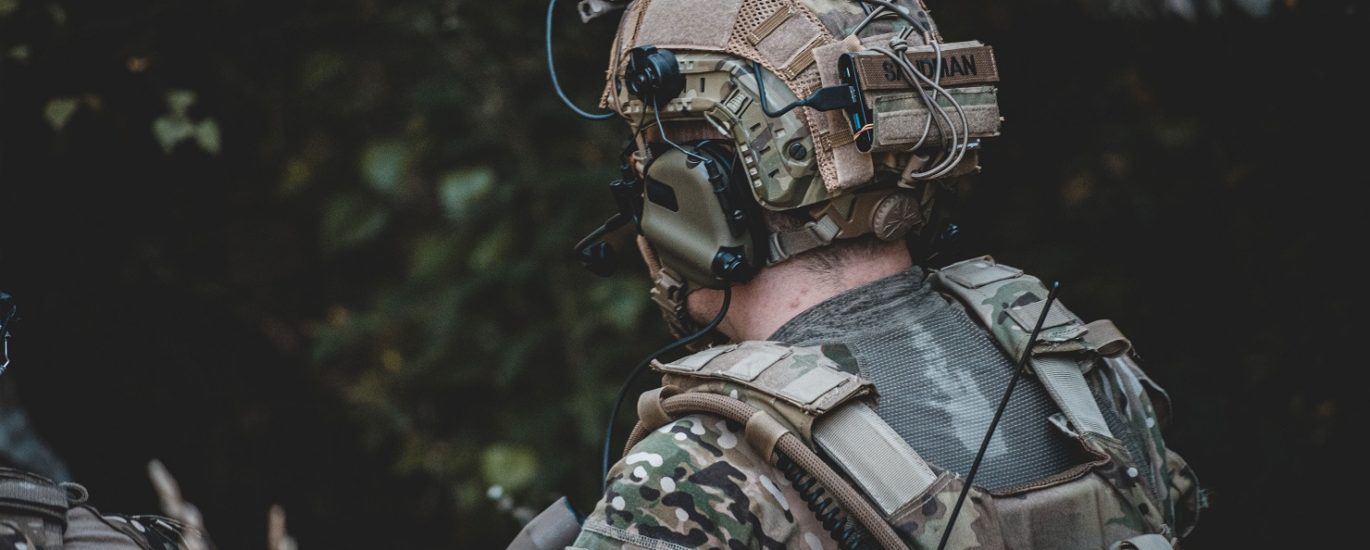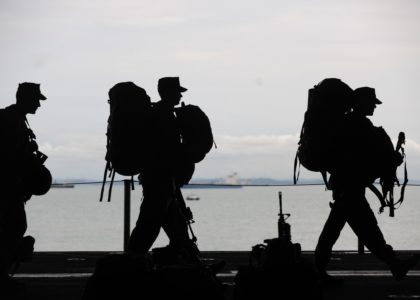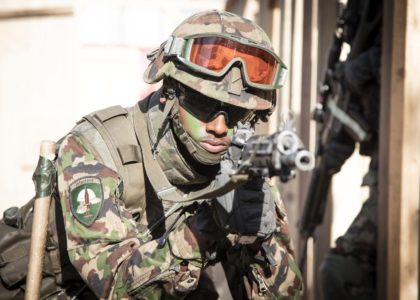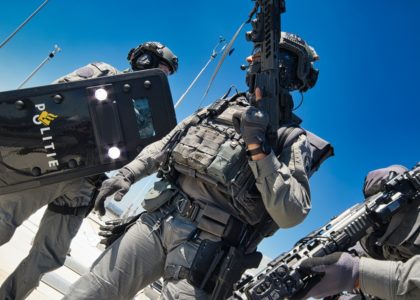As a member of the military, law enforcement, or security, you understand the importance of having an Individual First Aid Kit (IFAK). Not only does it provide essential medical supplies in case of an emergency, but it also allows for quick access to those supplies when needed. To make sure that your IFAK is properly packed and ready for use, here’s a step-by-step guide on how to do just that.
- Step 1: Select Appropriate Supplies
The first step in packing your IFAK is selecting the right supplies. Several items should be included in any military-issued IFAK; these include bandages, gauze pads, antiseptic wipes, scissors, and tape. If you want to add additional items such as tourniquets or hemostatic agents like QuikClot, feel free to do so as well.
- Step 2: Arrange Items Properly
Once you have selected the appropriate supplies for your IFAK, it’s time to arrange them properly inside the kit. The goal is to ensure easy access when needed and keep all items organized for quick retrieval. Start by placing heavier items at the bottom of the bag and lighter items at the top. Then divide the bag into sections if possible—this will help keep everything organized and easier to find in case of emergency.
- Step 3: Secure Your Kit
The last step is making sure that your kit is secure and not prone to movement or shifting during transport or storage. Start by using straps or elastic bands around each item so they won’t move around within the bag when being handled or transported. Additionally, if you plan on carrying your IFAK over long distances then consider investing in a backpack with adjustable compartments specifically designed for securely transporting medical kits. This will make it easier to carry all your supplies while ensuring they stay secure at all times.
Having an IFAK on hand can be life-saving in cases where medical attention is needed quickly and efficiently. By packing and organizing your IFAK correctly you can ensure immediate access to essential medical supplies which can make all the difference between life and death in critical situations.
For more articles, please click here.





Recent Comments